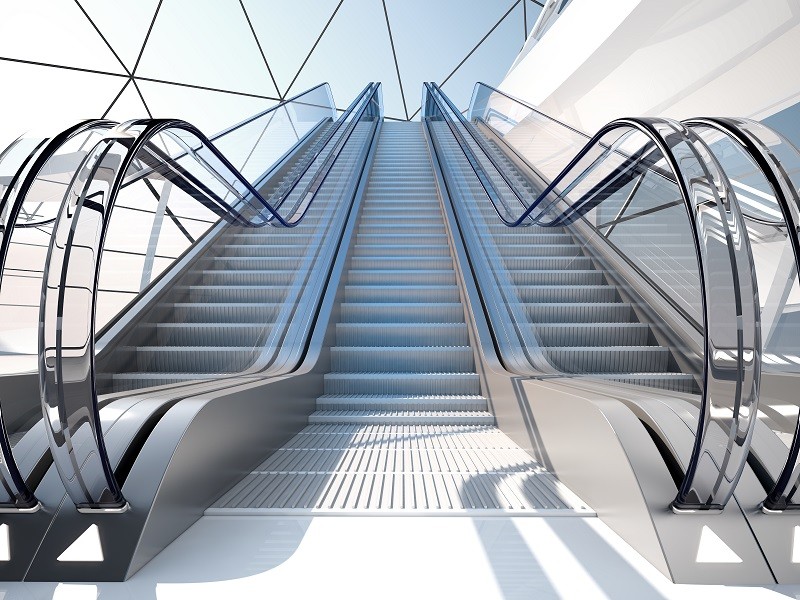Being injured by an elevator or escalator malfunction can be a terrifying, devastating experience. Elevators and escalators must be routinely and properly installed, repaired, maintained and inspected in order to ensure their safe operation. There are times, however, when building owners or managers are negligent and do not adhere to this safe practice and injuries may ensue.
Elevator Malfunction
Elevators and escalators are often found in retail spaces, businesses, parking garages, office buildings or hotels. Properly operating elevators should not stop abruptly, lurch and are supposed to line up evenly with the building floor when you exit or enter the elevator.
Some common elevator malfunctions and issues include: Sudden drops between floors, door malfunction, improper installation, sudden stops and lurching, carriage misalignment with floors, pulley system malfunction, mechanical breakdown, faulty wiring, and other issues caused by inadequate preventive maintenance, repairs, or inspections, and improper elevator design. Some common injuries include crush-type injuries, trip/fall injuries, neck, back and knee injuries, or even death. Elevator malfunctions may be attributed to negligence of the elevator manufacturer or service personnel. Repairmen may have inadvertently shut off a safety switch while doing maintenance on elevators or failed to take the elevator “Out of Service” while doing repairs or maintenance.
Who is Responsible for Elevator and Escalator Injuries?
Property owners have a legal responsibility to make sure that elevators and escalators are in full operating condition and safe for use. Regular inspections must be conducted, and if there are any issues with the inspection, the property owner must have a proper contractor to perform maintenance. In Missouri and Kansas, contractors and companies must be qualified for installation, maintenance and repairs and must comply with industry standards and practices.
However, there are other potentially liable parties and causes of escalator and elevator accidents.
- Repair and maintenance contractors may be held liable if there are shortcomings or inadequacies in the maintenance performed on the escalator or elevator.
- Inspection companies can be held liable if they approve an escalator or elevator for use when it should not be, and for other types of inspection-related concerns.
- Equipment or parts manufacturers may be responsible for your injury if there was a defect or malfunction with the equipment.
- Failure to properly maintain a high use elevator is the #1 cause of elevator malfunction. The elevator has so many parts including: the car, metal cables, pullies, counterweights, bolts, screws, grinding parts, oil and grease, air traps, motion detectors, computer programming and electric motor parts.
Establishing Liability in Elevator Accidents
In order to establish that there was a party liable for your injury due to negligence, your legal team must establish:
- The property owner or a responsible party owed you a duty of reasonable care,
- The property owner or responsible party breached this duty through either careless action or careless inaction,
- There was an injury to you proximately caused by this breach, and
- You have suffered damages from this injury.
If you or a loved one has been injured in an elevator accident in Missouri or Kansas, call our legal team at Griggs Injury Law, LLC for a free consultation.


